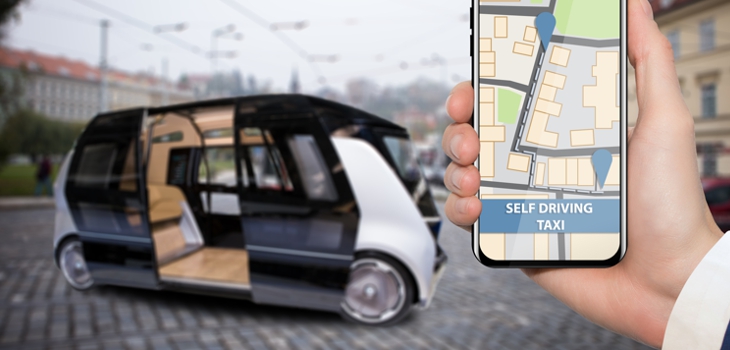Profiles
Choose your own profile during your WPLP-studies...

Production and logistics are two inextricably linked elements in every company that are crucial to the smooth running of business processes and the fulfillment of customer requirements. Production involves the manufacture of goods from raw materials, parts, components and intermediate products as well as the provision of services, while logistics deals with the efficient planning, control and execution of the flow of goods and information.
In today's globalized economy, an effective production and logistics strategy is crucial to remaining competitive. Companies must not only manufacture high-quality products, but also deliver them to their customers quickly, reliably, ecologically and cost-effectively.
This requires optimized production planning, efficient use of resources and close integration of all processes along the supply chain with a high level of resilience. Modern production and logistics methods such as lean manufacturing/lean logistics and just-in-time production and supply aim to reduce waste, conserve resources and increase efficiency. By using automation technologies and digital solutions, companies can further optimize their production and logistics processes as well as their global supply chain network and make them more flexible in order to adapt to rapidly changing market conditions. The integrated view of production and logistics enables industrial engineers to design the interfaces between the operational specialist functions and thus contribute to increasing the competitiveness of industrial companies.
 Mobility and accessibility are key prerequisites for participation, economic exchange, employment and prosperity. However, the current transportation system is harmful to the environment. Sustainable mobility aims to protect people and the environment. The German government plans to achieve greenhouse gas neutrality in the long term. The European Commission is aiming for climate-neutral mobility by 2050. This includes strategies such as avoiding traffic, shifting to more environmentally friendly modes of transport, increasing energy efficiency and using alternative energy sources.
Mobility and accessibility are key prerequisites for participation, economic exchange, employment and prosperity. However, the current transportation system is harmful to the environment. Sustainable mobility aims to protect people and the environment. The German government plans to achieve greenhouse gas neutrality in the long term. The European Commission is aiming for climate-neutral mobility by 2050. This includes strategies such as avoiding traffic, shifting to more environmentally friendly modes of transport, increasing energy efficiency and using alternative energy sources.
The primary goal is not to prevent traffic, but rather to shorten transport routes by changing settlement and production structures or to increase vehicle utilization. The aim is therefore to achieve greater mobility while at the same time reducing the volume of traffic. A sustainable transport policy requires a variety of measures and not an isolated approach. The focus is not only on the vehicle and its drive technology, but also on non-technical measures, so that the desired climate protection targets can be achieved with an integrated approach. In particular, economic incentives to promote a change in behavior as well as urban and transport planning aimed at traffic avoidance and environmentally friendly means of transport are required. Due to their interdisciplinary training, industrial engineers are predestined to tackle these challenges for sustainable mobility with an integrated, holistic approach and to solve them as part of a team.

Profiling focuses on the design of products under ecological and economic aspects with the premise of sustainable and efficient use of resources. Industrial engineers in particular have a special responsibility at the interface between the technically-oriented development and production departments and the economic areas in the company.
Life cycles of products and production systems should and must not only be designed effectively and efficiently in terms of economic and technical resources, but also increasingly meet requirements in terms of sustainability, ecological footprint and intergenerational justice.
Raising the awareness of all those involved to develop products that are geared towards technical progress, can be manufactured responsibly and in a resource-efficient manner, have a long shelf life and are recyclable at the end of the product's life is seen as the task of industrial engineers in this profile. In the Resource-Efficient Products specialization, students can acquire, expand and deepen the necessary knowledge and corresponding methodological skills.





